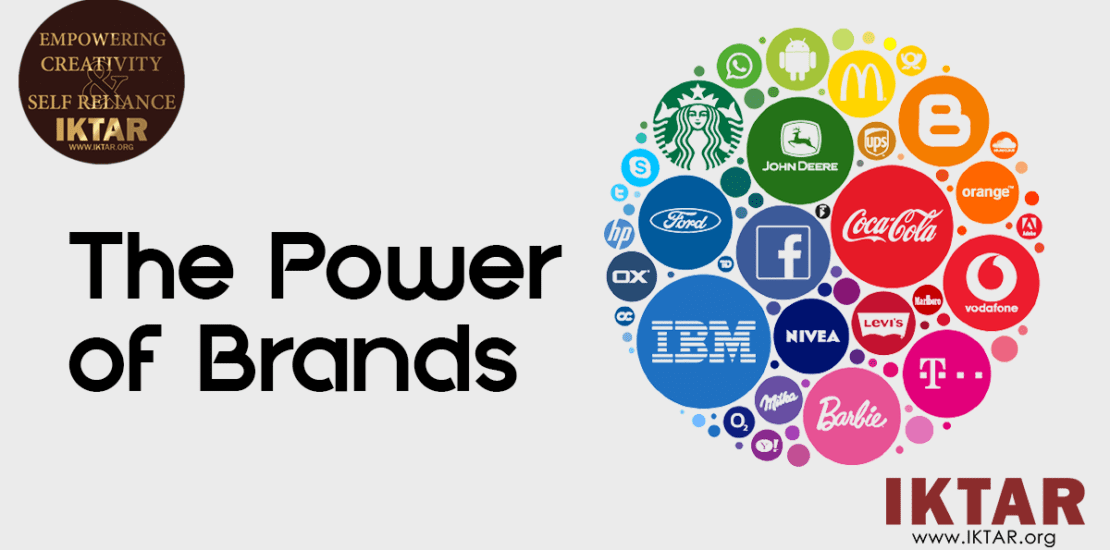Brand war hurts basic consumer rights in different ways
- March 16, 2023
- Posted by: Shafqat Jilani
- Categories: Business Consulting, Business plans, Business Troubleshooting, Human Resource, Marketing, Uncategorized

In today’s world, branding has become an essential part of every business strategy. Companies strive to develop a brand that stands out from the competition, but sometimes, this can lead to a brand war. Brand wars refer to a situation where two or more brands compete to dominate the market by taking market share from each other. While brand wars can be beneficial for companies, they can hurt basic consumer rights in different ways. In this article, we’ll discuss how branding wars can affect consumer rights, the power of brands, brand development strategies, and how to develop a brand that benefits both consumers and companies.
The Power of Brands:
A brand is more than just a logo or a name; it is the identity of a company. Brands have the power to create emotional connections with consumers, influence purchasing decisions, and even shape cultural values. Strong brands can create loyal customers who are willing to pay a premium price for a product or service, which is why companies invest a lot of time and money into building their brands.
However, when companies engage in a branding war, they can become so focused on defeating their competitors that they lose sight of their customers’ needs. This can lead to a decline in product quality, higher prices, and a lack of innovation. When companies are more concerned with beating their competitors than satisfying their customers, basic consumer rights can be compromised.
How Branding Wars Affect Consumer Rights:
When companies engage in a branding war, they may resort to unethical practices to gain an advantage. For example, they may make false claims about their products or engage in price-fixing to drive out competitors. This can lead to a lack of choice for consumers, higher prices, and a decline in product quality.
Furthermore, when companies are more focused on branding than innovation, they may neglect important aspects of product development, such as safety and quality. This can lead to products that are not fit for purpose or even dangerous for consumers. Branding wars can have a significant impact on consumer rights. These battles for market dominance can result in companies taking extreme measures to win over customers, including engaging in unethical or even illegal practices that can harm consumers. Below are a few examples of branding wars that have had an impact on consumer rights:
- Pepsi vs. Coca-Cola: The rivalry between these two soft drink giants has been going on for decades. In the 1990s, the competition between the two companies became so intense that Pepsi was accused of using sweatshop labor in overseas factories to keep their prices low and gain a competitive advantage. This led to protests from consumer advocacy groups and ultimately resulted in changes to labor laws and regulations in many countries where the two companies operated.
- Apple vs. Samsung: The legal battle between these two technology giants over patent infringement has been ongoing for years. The companies have accused each other of stealing designs and technology, leading to numerous court cases around the world. This has led to higher prices for consumers as the companies pass on legal fees and damages to their customers.
- Nike vs. Adidas: The competition between these two athletic apparel companies has led to accusations of labor abuses in their overseas factories. Nike has been accused of using child labor and sweatshop conditions in their factories, while Adidas has been accused of exploiting workers in their supply chain. These allegations have resulted in consumer boycotts and increased pressure on the companies to improve their labor practices.
- Uber vs. Lyft: The battle between these two ride-hailing companies has led to accusations of unethical practices, such as surge pricing and the use of unlicensed drivers. In some cases, drivers have been accused of assaulting passengers, leading to increased scrutiny of the companies’ background check policies. This has led to increased regulation of the ride-hailing industry and greater protection for consumers.
In brief, branding wars can have a significant impact on consumer rights. When companies are focused solely on gaining market share and beating their competitors, they may engage in unethical or illegal practices that can harm consumers. It is important for consumers to be aware of these issues and to support companies that prioritize ethical business practices and consumer safety.
Brand Development Strategies:
While brand wars can be detrimental to consumer rights, it is possible for companies to develop their brands in a way that benefits both consumers and the company. Here are some strategies that companies can use to develop their brands:
Develop a brand purpose: Companies should define the purpose of their brand beyond just making a profit. Brands that have a clear purpose and values are more likely to connect with consumers and create a loyal following.
Focus on innovation: Companies should focus on developing innovative products that meet consumers’ needs rather than just beating their competitors. This will help to maintain product quality and prevent a decline in innovation.
Be transparent: Companies should be transparent about their products, pricing, and business practices. This will build trust with consumers and prevent accusations of false advertising or price-fixing.
Build a community: Companies should focus on building a community around their brand by engaging with consumers and creating opportunities for them to connect with each other. This will create a sense of loyalty and belonging among customers.
How to Develop a Brand:
Developing a brand can be a challenging task, but it is essential for any business that wants to succeed in today’s competitive market. Here are some steps that companies can take to develop their brands:
Define your brand purpose: Start by defining the purpose of your brand. What do you want to achieve beyond just making a profit? What values do you want to embody?
Identify your target audience: Determine who your target audience is and what their needs and desires are. This will help you to develop products and marketing strategies that resonate with your customers.
Develop your brand identity: Develop a brand identity that reflects your purpose and values. This includes your logo, colors, typography, and tone of voice.
Be consistent: Ensure that your brand is consistent across all channels, including your website, social media accounts, and advertising. Consistency helps to build brand recognition and trust with your customers.
Build your brand reputation: Focus on building a positive reputation for your brand by delivering high-quality products and services, providing excellent customer service, and being transparent and honest with your customers.
Engage with your customers: Engage with your customers through social media, email marketing, and other channels. This will help to build a community around your brand and create loyal customers.
Measure your success: Finally, measure the success of your brand by tracking metrics such as brand awareness, customer loyalty, and sales. Use this data to make informed decisions about your brand strategy.
Conclusion:
Brand wars can be detrimental to basic consumer rights, but companies can develop their brands in a way that benefits both consumers and the company. By focusing on developing a brand purpose, innovating products, being transparent, building a community, and following the steps to develop a brand, companies can create strong brands that resonate with consumers and build loyalty. As consumers, it is essential to support companies that prioritize transparency, quality, and innovation rather than those engaged in a branding war. We can use our purchasing power to promote ethical business practices and support companies that prioritize basic consumer rights.
If you are interested in learning more about brand development strategies and supporting ethical business practices, visit or contact IKTAR. At IKTAR, we are committed to promoting transparency, quality, and innovation in business. Join our community today and support companies that prioritize basic consumer rights.





